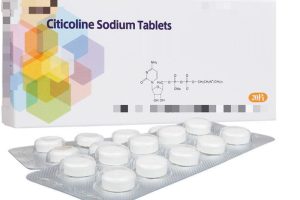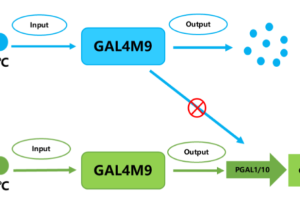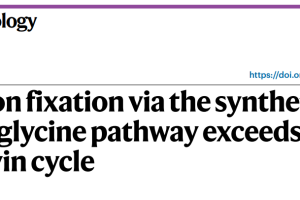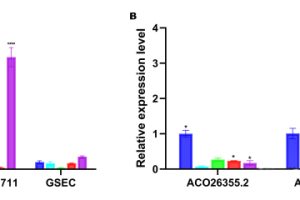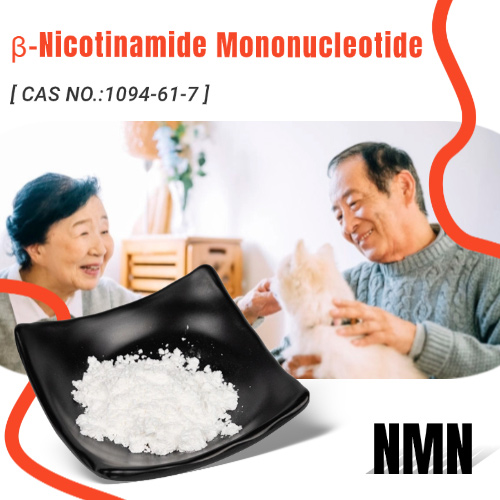In recent years, the research on NMN has never stopped, and even more and more new achievements have been discovered, constantly verifying the safety and effectiveness of β-Nicotinamide Mononucleotide for anti-aging and repairing various functions of the body.
Lower Triglycerides
In April 2022, the research team of the University of Maryland in the United States published the results:
NAD+ precursor can repair mitochondrial function in diabetes and prevent diabetic peripheral neuropathy (DPN).
And this study also found that continuous use of NMN for 2 months can inhibit the increase of triglycerides and gamey fatty acids in the blood of diabetic rats and mice.
Improves the nervous system
The authoritative journal Nature Communication published a research result: Supplementing NMN can effectively prevent myelin aging and promote the repair of myelin after injury.
With the growth of age, an important manifestation of human brain decline is the aging of myelin sheath, and the aging of myelin sheath will also promote the aging of the driving nervous system, which will lead to neurodegenerative diseases.
Therefore, prevention of myelin aging is very necessary.
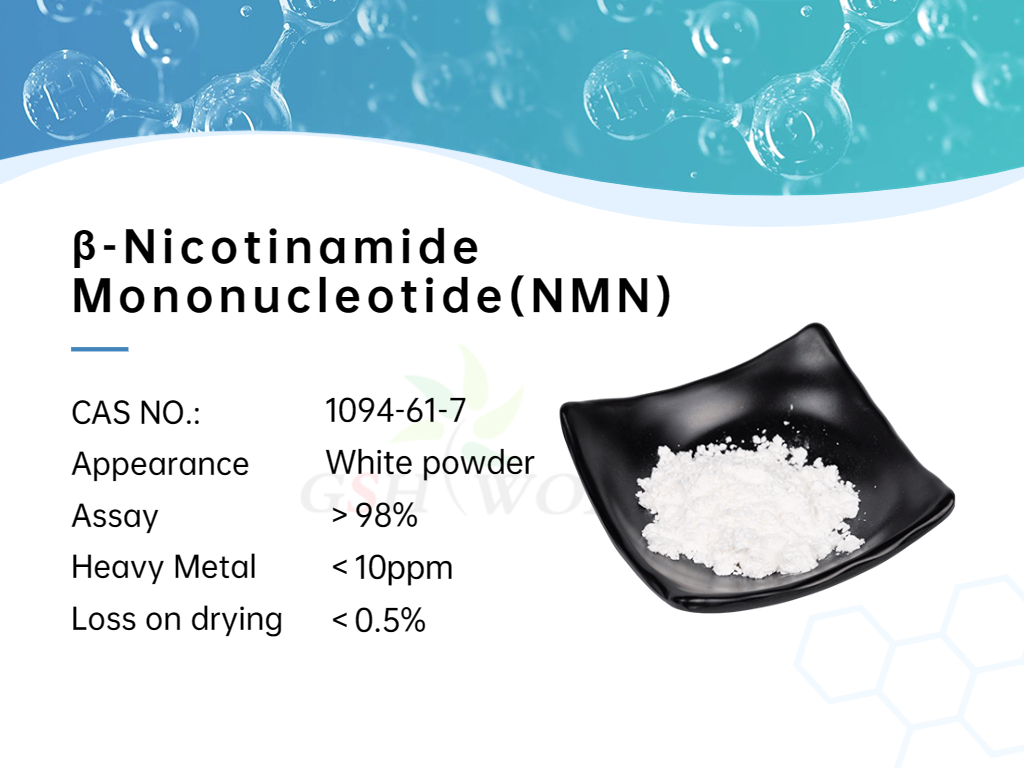
After supplementing NMN, the precursor of NAD+, it will activate the expression ability of SIRT2 and restore the ability of remyelination, which is very meaningful for the prevention of nervous system aging.
Beneficial Effects on Cardiovascular Diseases
A review article published in Genes & Diseases systematically discusses the beneficial effects of NAD+ on cardiovascular disease (CVD) after regulating metabolism, maintaining redox state and modulating immune response.
NAD+ can delay aging through multiple channels, so as to delay and intervene age-related diseases.
The researchers of this review article believe that increasing NAD+ levels will have broad application prospects in the treatment of cardiovascular diseases, including atherosclerosis, coronary heart disease, hypertension, arrhythmia, and heart failure.
Protect intestinal tract and improve inflammation
Korean researchers published in Redox Biology found that β-Nicotinamide Mononucleotide can improve intestinal inflammation.
Deletion of NAMPT transferase in mouse macrophages significantly reduces the survival rate of colitis mice.
NAMPT transferase can promote the synthesis of NMN in vivo, in other words, the defect of NAMPT will obviously affect the level of NMN in vivo.
After supplementing with NMN, the impact of colitis in vivo was significantly reduced. This means that NMN has the potential to protect the gut and improve inflammation.



